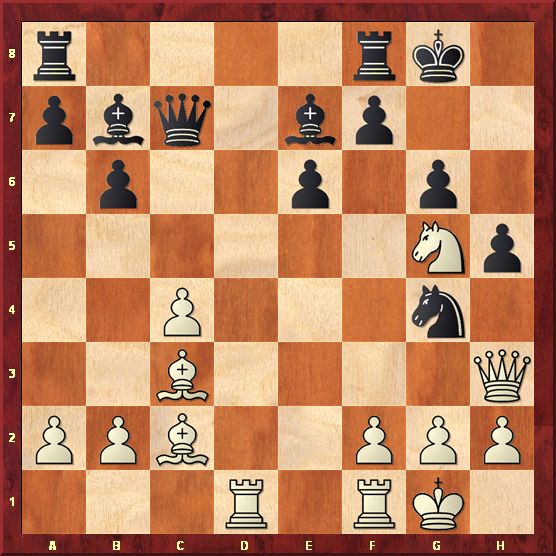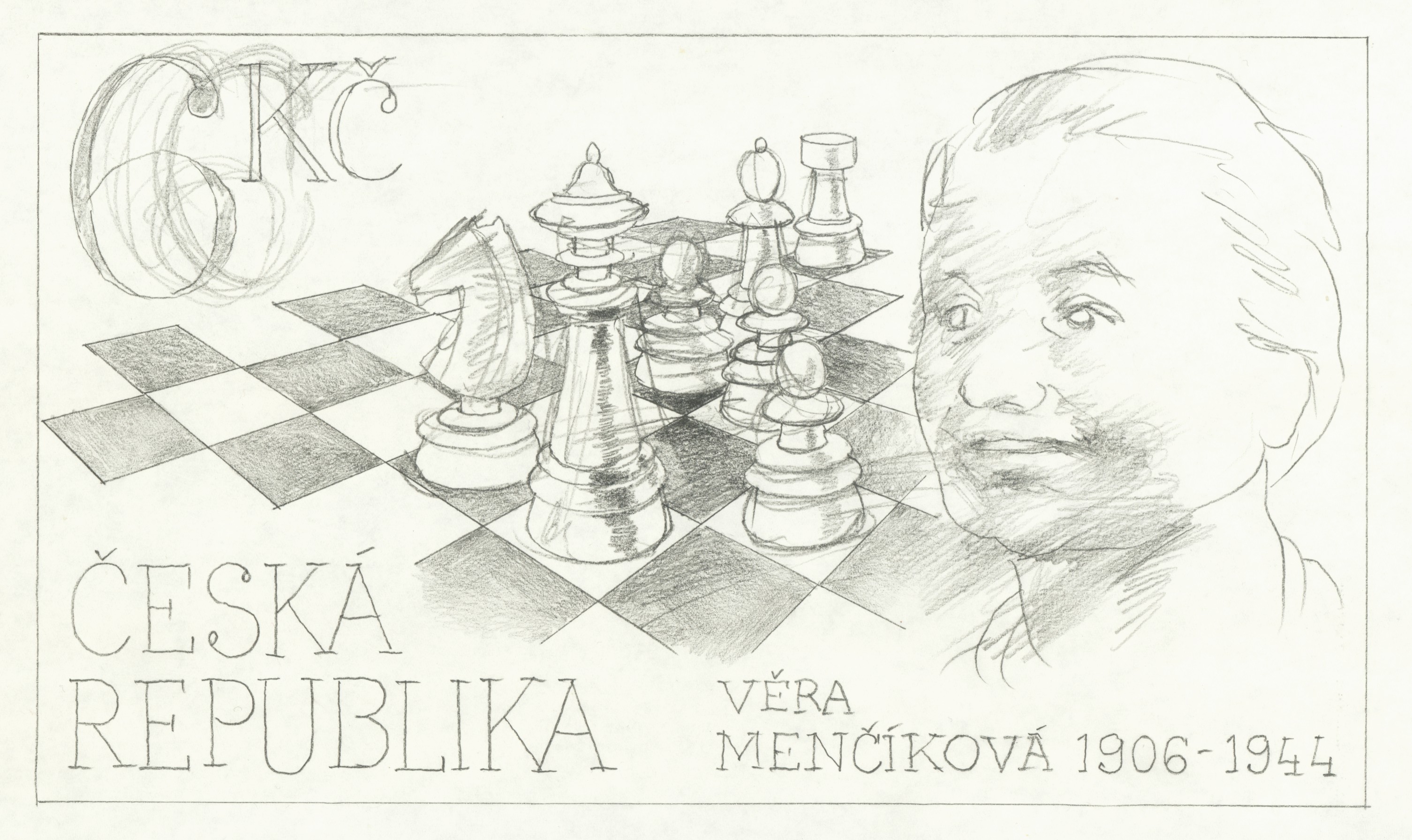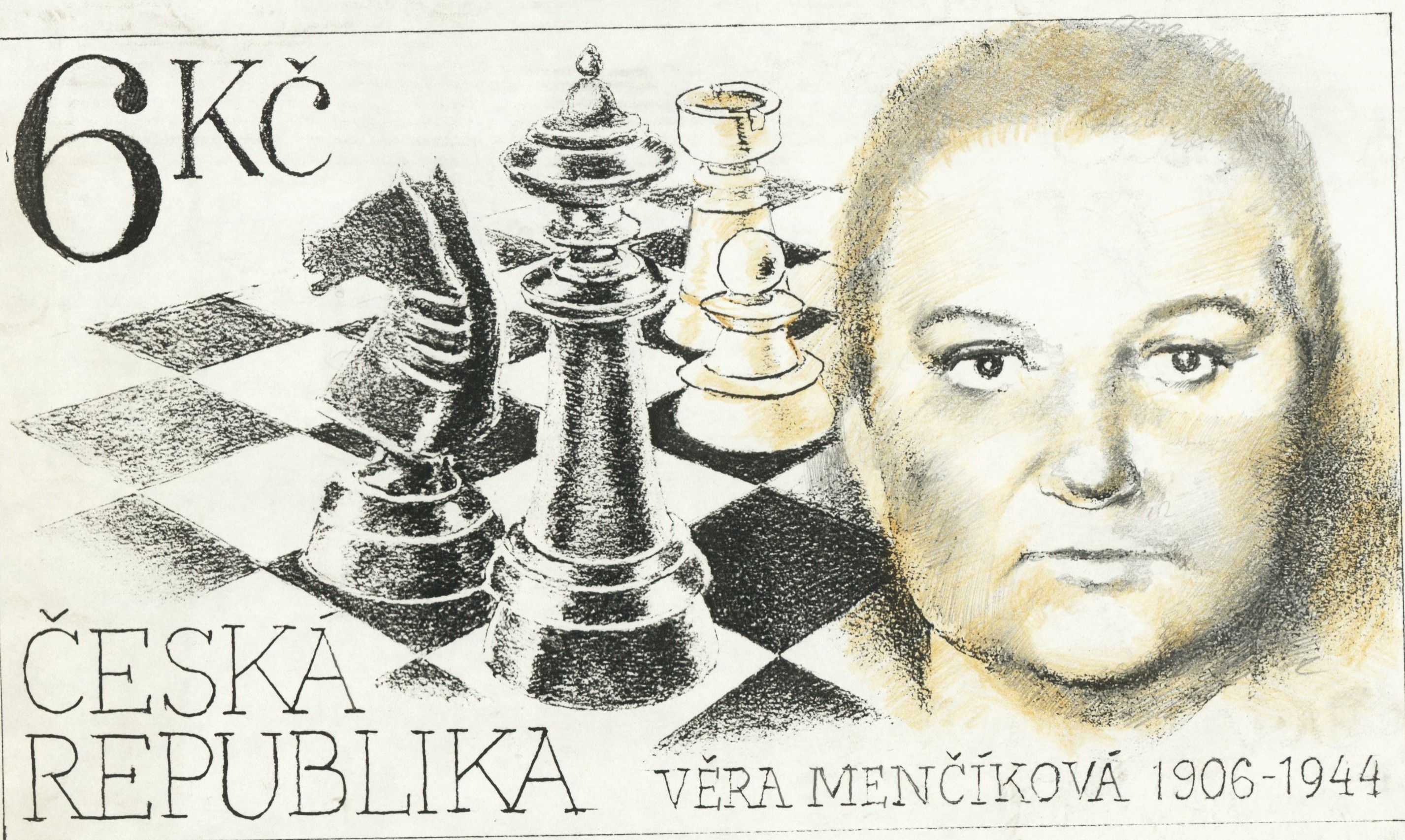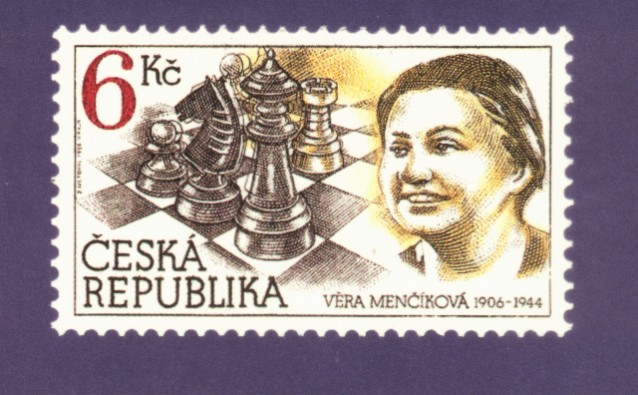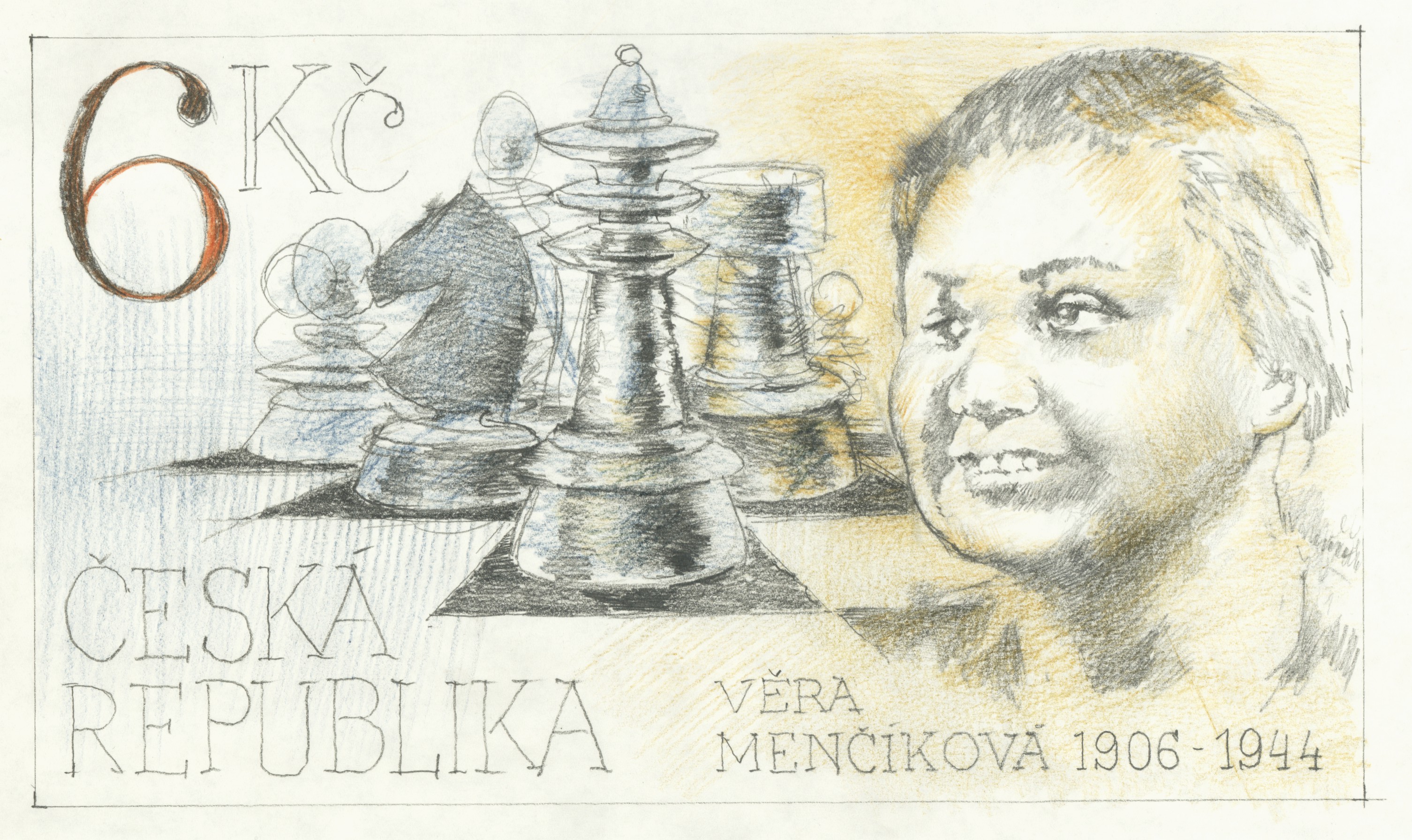This from long-time reader, Bill Tingley:
As always, Bill, I find reading your blog enlightening and enjoyable. I note you are using the term "traditional marriage" to refer to marriage. Now that the Supreme Court has redefined marriage as nothing more than a civil union, the meaning of the word "marriage" is in turmoil. So we do need a term to mean what "marriage" has always meant until the day before yesterday. Instead of "traditional marriage", I suggest "natural marriage". "Natural" more accurately conveys what is essential to marriage than "traditional" does. After all, everything that can be said to be traditional about marriage follows what is natural about it, sexual complementarity. More than that, natural law informs us that the good of sexual complementarity is actualized in marriage. Nor does it hurt that the rhetorical force of "natural" pushes buttons that confuse the Leftists and denies them their knee-jerk response to all that is labeled traditional.
Now that the Left has destroyed the word 'marriage,' we need a word to distinguish the genuine article from the leftist innovation. I agree with Tingley about this. I suggest 'traditional marriage.' He suggests 'natural marriage.' His reason for the superiority of the latter over the former is that:
. . . everything that can be said to be traditional about marriage follows what is natural about it, sexual complementarity.
I think this overlooks something important, namely, that marriage, while grounded in the biological complementarity of male and female human animals, and essentially so grounded, is a social institution. So there is more to marriage than the merely natural. For this reason, I prefer 'traditional marriage' to 'natural marriage.'
To clarify this, a brief look at the relation between the natural-biological and the social-cultural is in order.
Consider three situations, each a kind of 'intercourse.' (1) A man and a woman playing chess with each other. (2) A man and a woman just copulating with each other. (3) A man and a woman getting married to each other and consummating their marriage.
Ad (1). Chess has no objective reality outside of the system of rules or laws that constitute it, and these are of a conventional nature. In this regard, the laws of chess are nothing like the laws of nature.* They are not descriptive of culture-independent occurrences. Nor are the rules of chess prescriptively regulative of processes and transactions external to them, in the way traffic laws regulate vehicular processes, and laws against fraud regulate business transactions by setting up norms that one ought to follow when one drives or does business. The rules of chess are constitutive of the game, not regulative of some antecedent process, and what they constitute is something of a wholly conventional nature. Chess is a social artifact in toto; there is nothing natural about it. A man and a woman playing chess are engaged in a social interaction with no natural or physical process underpinning it. Of course, the touching and moving of pieces are physical processes, but there is nothing in the physical world corresponding to an instance of chessic intercourse in the way there is something in nature corresponding to a description of photosynthesis.
Ad (2). Brute copulation is at the opposite extreme. Copulation is a physical process whether it is done in marriage or outside marriage, whether it is done lovingly or rapaciously. Brute copulation has nothing social or cultural about it. It makes sense to say that chess is a social construct or a social artifact; it makes no sense to say that brute copulation is a social construct or social artifact.
I am assuming a healthy-minded realism. I am assuming that there is an important distinction between what John Searle calls brute facts and what he calls institutional facts. It is a brute fact that the sun is 93 million miles from the earth or that two animals are copulating. It is an institutional fact that Barack Obama is POTUS and Michelle Obama FLOTUS. A woman's being pregnant is a brute fact; a child's being illegitimate is an institutional fact. The existence of gold, the metal Au, is a brute fact; the existence of money is an institutional fact even if the money is realized in gold coins. "Brute facts exist independently of any human institutions; institutional facts can exist only within human institutions." (The Construction of Social Reality, p. 27) It follows from these definitions that the consummation of a marriage, even though it necessarily involves sexual intercourse, is an institutional fact.
(Searle's use of 'brute fact' is a bit idiosyncratic. I would say, and I think most philosophers would agree, that a brute fact is a contingently obtaining state of affairs the obtaining of which has no causal or other explanation. If an atheist says that the universe just happens to exist without cause or reason, then he is saying that its existence is a brute fact in my sense. Of course, it is also a brute fact in Searle's sense. Only a leftist loon would maintain that the physical universe is a social construct. That the moon has craters, however, is not a brute fact in my sense though it is in Searle's inasmuch as it is not an institutional fact. That astronomical distances are measured in light-years is an institutional fact, but not the distances themselves!)
Ad (3). Marriage is between chess and brute copulation.** Chess is whatever FIDE or the United States Chess Federation says it is. Marriage cannot be what any legislative body, or bunch of judges playing legislators, says it is. For it is grounded essentially in the natural fact of human sexual complementarity. Chess is entirely a social construct; marriage is not.
On the other hand, marriage, unlike brute copulation, has a social side: it is after all a contract. For this reason, I prefer 'traditional marriage' over 'natural marriage.' Strictly speaking, there is no natural marriage: non-humans mate and reproduce and cohabit, but they don't marry.
____________________________________
*An interesting question is whether 'laws of chess' can only be construed as a subjective genitive: the laws of chess are chess's laws, not laws about something external to these laws. But 'laws of nature' can also be construed as an objective genitive: the laws of nature are laws about something external to them, namely the natural world.
**And if I may be permitted a joke, too much chess and any extramural copulation, brute or not, can destroy a marriage.

